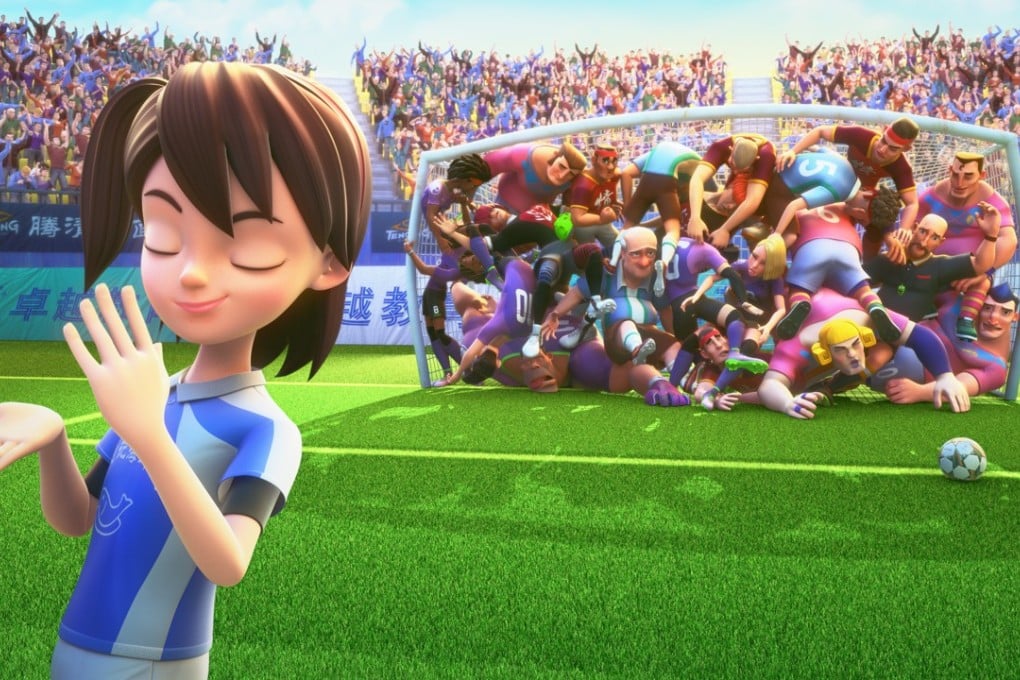Why Chinese animated films do so badly in China compared to Western ones
The embarrassingly small box office gross of The King of Football highlights major issues in China’s home-grown animation industry, including a lack of talent, funding difficulties and undiscerning audiences

It is widely known that Chinese President Xi Jinping loves soccer. Among his personal ambitions expressed in 2011, he listed three which are soccer-related: for China to qualify for the World Cup, to host the event and, one day, to win it. But soccer in the country is in a sorry state despite the huge amounts of money China has pumped into the sport, and it notably failed to snatch a play-off place for the 2018 World Cup in Russia.
The first-ever Chinese animation film made about soccer – The King of Football – suffers the same embarrassing fate. Costing 60 million yuan (US$8.7 million) to make, the movie, released on August 31, grossed less than 1.8 million yuan.
The film depicts how a father and daughter overcome their differences through soccer and their quest to win a big game against the odds.
Online critics say the movie promotes narrow-minded and conservative values for children and is an embarrassment for adult audiences. Other criticisms include simple plot and characterisation and its imitation of similar Japanese films.
With the one-child policy finally lifted in 2016 and indulgent Chinese parents eager to spurge on their children’s entertainment, China is the dream market for animation makers. Popular American animated films have always done well at the Chinese box office, with Despicable Me 3 (2017) and Kung Fu Panda 3 (2016) each making over 1 billion yuan. Japanese hit animation film Your Name (2016) also took in over 500 million yuan.